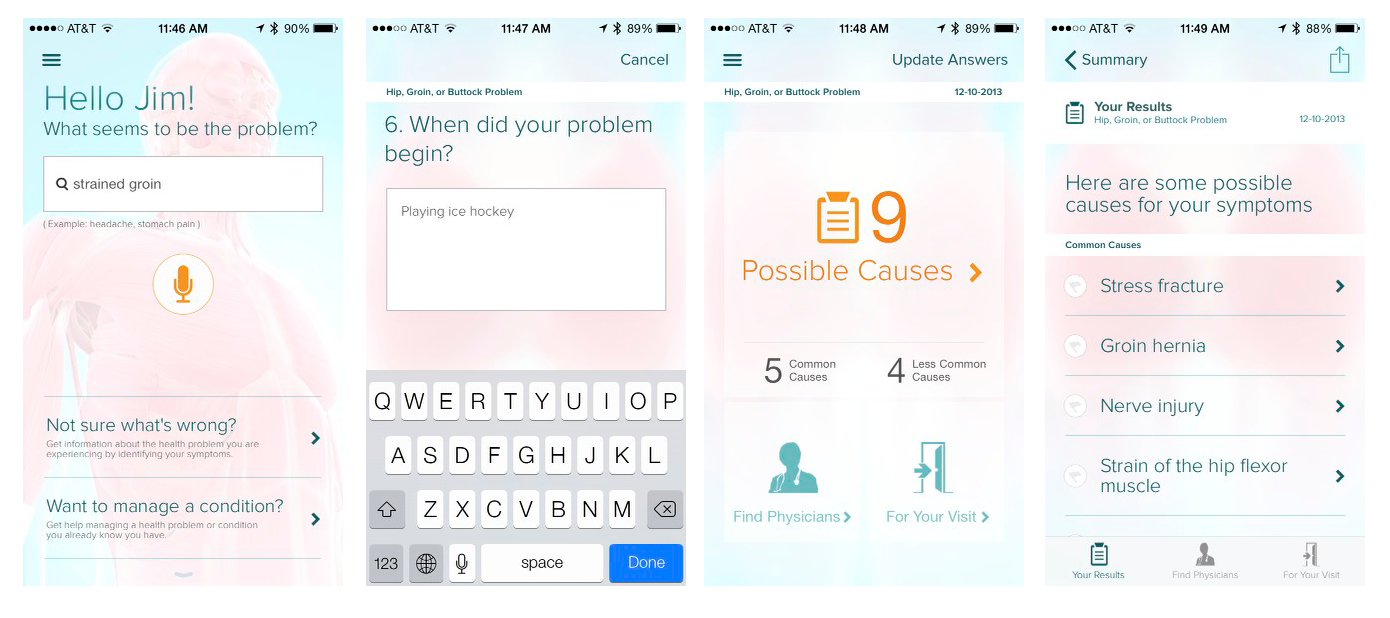Find a doctor meets the mobile, social age
/A staple of any health system's website is its "Find a Doctor" service.
Now an Atlanta company has injected some mega doses of social and mobile into the equation and come up with a new service that is one part symptom checker, one part crowdsourced solution and one part doctor referral service.
The company is Sharecare, which just launched the AskMD mobile app for iPhone. Its promise:
More than just a standard symptom checker, AskMD gets you from "what's wrong?" to what you can do about it.
Sharecare has some big names behind it, including a partnership with "America's Doctor," Dr. Mehmet Oz, and offers a web-based home for better health. It also partners with a number of other luminary organizations, from AARP to Mount Sinai Health System to Pfizer to UnitedHealthcare.
A key feature of Sharecare's website is the RealAge test, which goes through a lengthy Q&A process to generate a profile of each user by assessing health, medical and lifestyle issues. My age was 4.4 years younger than my actual age.
The AskMD app is a simple yet comprehensive symptom checker that walks you through a series of questions to help pinpoint your health problem.
I used it recently after suffering a groin strain playing ice hockey. AskMD came up with nine possible issues and solutions and then asked if I wanted to be connected with a physician (I declined, knowing ice, rest and ibuprofen will likely do the trick).
As services become more sophisticated — and patients get more comfortable using the technology — we will see spikes in patient engagement that will ultimately lead to better outcomes and higher satisfaction.
An app is never a substitute for real, in-person medical advice, but services like Sharecare and AskMD are helping us get closer to truly integrated health care.









